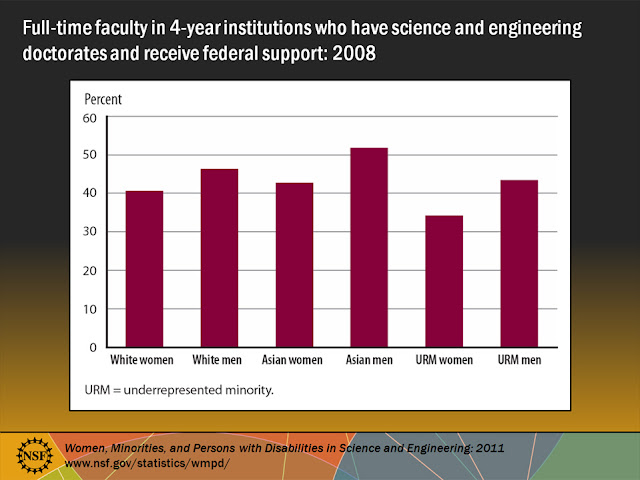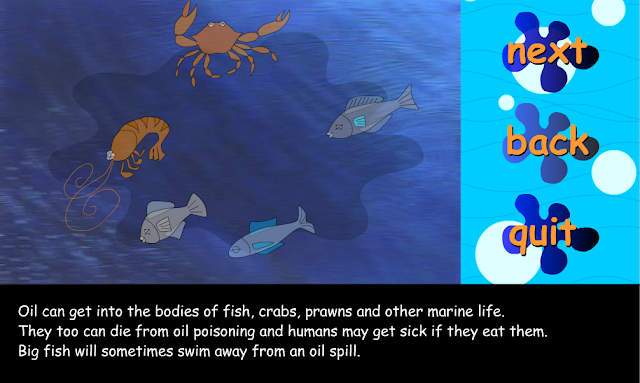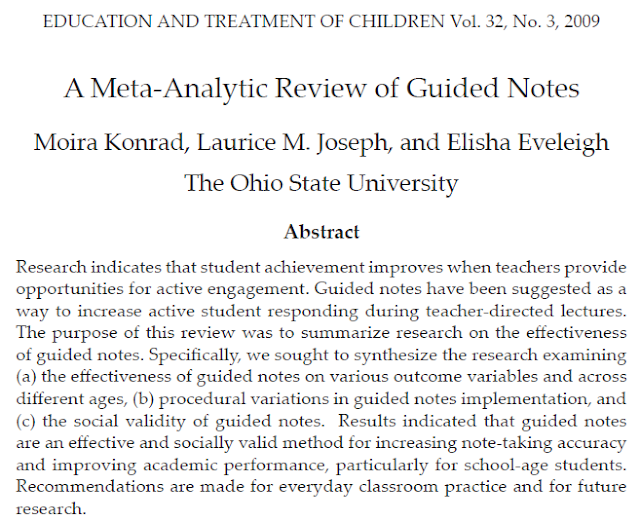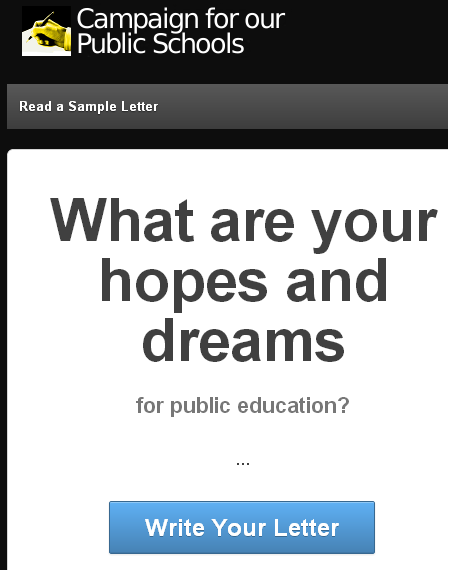If K to 12 is ok, why need a survey to say so?
EDITORIAL - If K to 12 is ok, why need a survey to say so? (The Freeman) Updated October 31, 2012 12:00 AM The Department of Education has come out with the results of a Social Weather Stations survey that reportedly indicated more and more people have been convinced about the merits of the K to 12 program that it has rammed down the throats of Filipinos. According to the survey (reports did not indicate who commissioned the exercise but it would surprise no one if it comes out that the DepEd itself did the commissioning), a whooping 72 percent of Filipinos have embraced K to 12. Either the survey is a big lie (because most people you ask, rich or poor, young or old, hate the K to 12 to their guts) or a big letdown — why only 72 percent, considering that people have no choice but to accept it? It was forced down their throats and is now in force, remember? Read more at http://www.philstar.com/Article.aspx?articleId=865335&publicationSubCategoryId...







